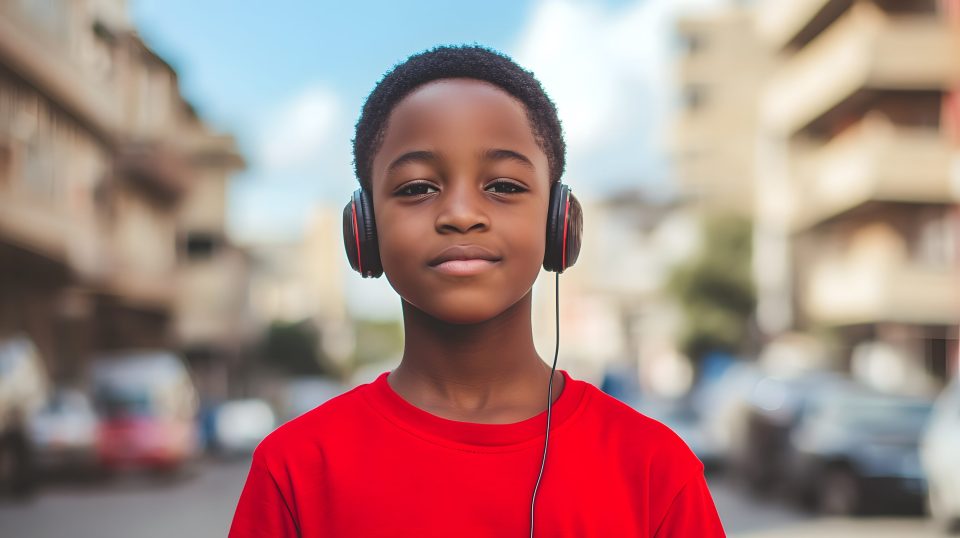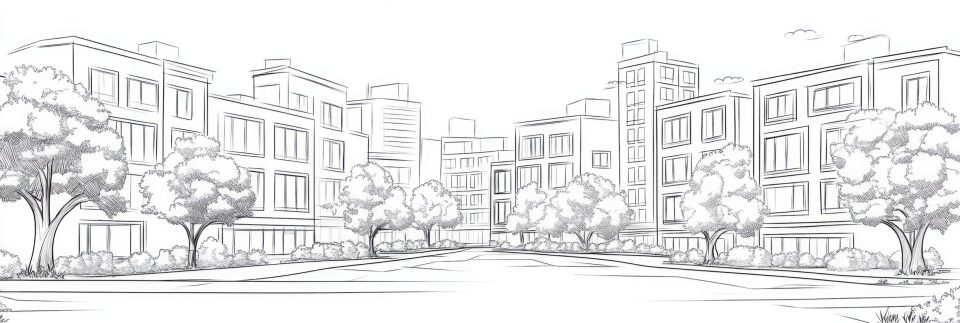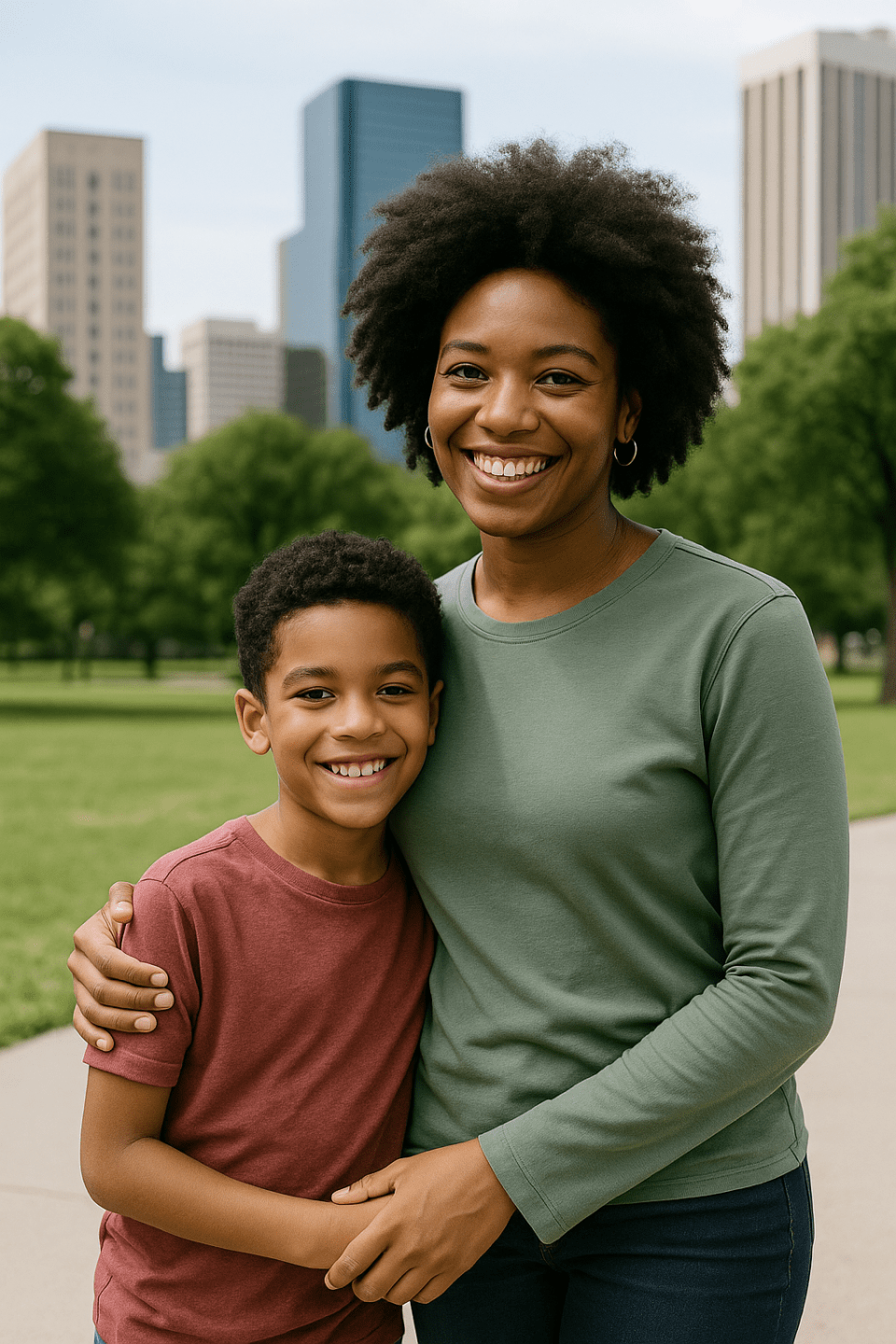Raising children in today’s America comes with a unique set of challenges, especially for Black families. From navigating systemic inequities to ensuring our children are not only safe but seen, many parents are reevaluating where they call home. That’s why the question is more important than ever: What are the safest cities to raise Black children—and why do they matter so much?
This article breaks down not just physical safety, but also the psychological, educational, and economic factors that contribute to an environment where Black children can truly thrive.

Defining “Safe Cities” for Black Families
Let’s be honest—“safe” doesn’t just mean a low crime rate. For Black families, true safety includes:
- Strong Black communities
- Culturally competent schools and healthcare
- Opportunities for Black economic growth
- Local governments that reflect diversity
- Low rates of school-based discrimination
When you’re raising Black children, it’s about more than just protecting their bodies—it’s about nurturing their spirits, their creativity, and their potential.

Top Cities Where Black Children Thrive
We’ve combed through the data, the lived experiences, and the testimonials from Black families across the country. Here are the top cities that rise to the top in multiple categories of safety, education, representation, and opportunity.
1. Atlanta, Georgia
Atlanta isn’t just the birthplace of the Civil Rights Movement—it’s also the epicenter of Black excellence. With a booming Black middle class, highly rated charter and public schools, and a vast network of Black-owned businesses, Atlanta continues to be a safe and affirming city for families. Plus, the presence of HBCUs like Spelman, Morehouse, and Clark Atlanta creates a natural pipeline for success and support.
2. Raleigh-Durham, North Carolina
Known as the “Research Triangle,” Raleigh-Durham offers top-notch healthcare and educational resources while being home to an expanding community of Black professionals. It’s also a hotspot for STEM programs tailored toward underrepresented youth, giving Black children access to career pipelines from an early age. And unlike some major metros, violent crime remains low in most areas.
3. Minneapolis–St. Paul, Minnesota
Post-2020, the Twin Cities have become a place of deep reflection and radical reinvention. While racial disparities persist, there are strong systems in place—like the Black Excellence schools and equity-focused nonprofits—that are working directly with families. The sense of community among Black-led organizations here is undeniable.
4. Silver Spring/Bowie, Maryland
Just outside of Washington, D.C., these Maryland suburbs provide the best of both worlds: suburban tranquility and urban opportunity. Black families here enjoy some of the highest median household incomes in the country, along with low crime rates, culturally diverse schools, and access to D.C.’s wealth of museums, programs, and cultural institutions.
5. Houston Suburbs: Missouri City & Pearland, Texas
While Houston proper can be hit or miss, the suburbs tell a different story. Missouri City, for instance, is majority Black and known for its high homeownership rates and strong sense of civic pride. Families here benefit from access to the Texas Medical Center, a growing job market, and some of the best schools in the state.

6. Charlotte, North Carolina
Charlotte is one of the fastest-growing cities for Black professionals, and its focus on financial literacy, business ownership, and community health makes it a solid pick. Initiatives like Black maternal health programs and school equity plans reflect the city’s intentionality around inclusion.
7. Chesapeake & Virginia Beach, Virginia
These neighboring cities offer a slower pace of life without sacrificing opportunity. High-performing school districts, access to HBCUs like Norfolk State, and strong military-family support structures make this an ideal spot for families looking for long-term stability.
8. Cary, North Carolina
Quiet, clean, and statistically one of the safest cities in America, Cary is becoming a hidden gem for Black families. With proximity to Raleigh-Durham, this suburb offers all the benefits without the bustle, plus a growing number of Black professionals are relocating here for tech jobs and a better quality of life.
What Makes These Cities Different?
What unites these cities isn’t just low crime—it’s the commitment to diversity, equity, and intentional Black community-building. In these locations, Black children are more likely to see themselves reflected in their educators, community leaders, and neighbors. They’re more likely to attend schools that invest in their growth rather than criminalize their behavior. And they have access to after-school programs, mentorship, and mental health care that centers their cultural identity.
Final Thoughts: Raising Black Children With Intention
Choosing where to raise your children is one of the biggest decisions you’ll ever make. But for Black parents, the stakes are even higher. From microaggressions in the classroom to healthcare inequities, our children deserve more than survival—they deserve spaces where they can flourish.
These cities offer not just safety, but sovereignty—a sense of ownership over your family’s well-being, future, and freedom.
Have you considered relocating? Share this list with a friend, and tag us on Instagram @SuccessfulBlackParenting with your thoughts!
Let’s keep building the village—one safe city at a time.
Frequently Asked Questions (FAQs)
1. What does “safe” mean for Black families beyond low crime rates?
For Black families, “safe” includes not just physical safety, but also psychological safety. That means equitable access to healthcare, schools that understand and uplift cultural identity, low rates of school-based discipline disparities, and neighborhoods where Black children feel seen, valued, and affirmed.
2. How were these cities selected as safest for Black children?
These cities were chosen based on a combination of:
- U.S. crime statistics
- School performance data
- Health outcomes
- Black family median income
- Community testimonials
- Representation in local leadership
- Presence of Black-centered organizations and initiatives
3. Is it safer to live in suburbs or cities for Black families?
It depends. Suburbs like Bowie (MD), Pearland (TX), and Cary (NC) often offer lower crime rates and stronger school districts, but some Black families also prefer cities like Atlanta or Charlotte for access to culturally enriching experiences and larger Black populations. The key is finding the balance of community, opportunity, and education that fits your family.
4. What should I look for when moving to a new city as a Black parent?
Consider:
- School diversity and discipline rates
- Black pediatricians or mental health resources
- Representation in local government and policing
- Black-owned businesses and cultural spaces
- Affordability, job access, and long-term equity
5. Are there cities that look good on paper but aren’t ideal for Black families?
Yes. Some cities may have low crime or good schools but suffer from racial isolation, over-policing, or high suspension rates for Black students. Always look for data on equity and speak with other Black families in the area before moving.
6. Is Atlanta still a good place for Black families, even with rising costs and gentrification?
Yes—with caveats. While the cost of living has increased and some historically Black neighborhoods are gentrifying, Atlanta still offers one of the strongest infrastructures for Black success: HBCUs, Black business hubs, representation in government, and culturally affirming schools and organizations.
7. What cities should Black parents be cautious about?
While every city has pros and cons, parents should do deep research on places where school systems have high racial discipline gaps, minimal cultural competency training, or neighborhoods that lack racial diversity and inclusion practices.
8. How can I find community once I move to one of these cities?
- Join local Black parenting groups on Facebook or Meetup
- Connect with Black-led nonprofits, churches, or youth centers
- Explore Black-owned businesses and family-friendly events
- Look for city-specific pages like “Black Families in Charlotte” or “Black Moms of Austin.”
9. Can I afford to move to one of these cities on a moderate income?
Many of the listed cities have suburbs or outer-ring communities with lower housing costs but similar access to the resources that make the area appealing. For example, families priced out of Atlanta may find great opportunities in places like Lithonia or Douglasville. Do your research, and check for relocation grants, remote work opportunities, or housing assistance programs.
10. Are there tools to help me evaluate how safe and affirming a city is for my Black children?
Yes! Check out:
- The U.S. Census Bureau’s demographic and economic data
- School district equity reports
- Local crime data via SpotCrime or CityProtect
- Black-led community resource sites and local organizations
- Parent-led groups in each city offer firsthand experiences
Still have questions? Drop them in the comments below or DM us @SuccessfulBlackParenting!
Together, we’re not just moving—we’re mobilizing for our children’s future.
comments +